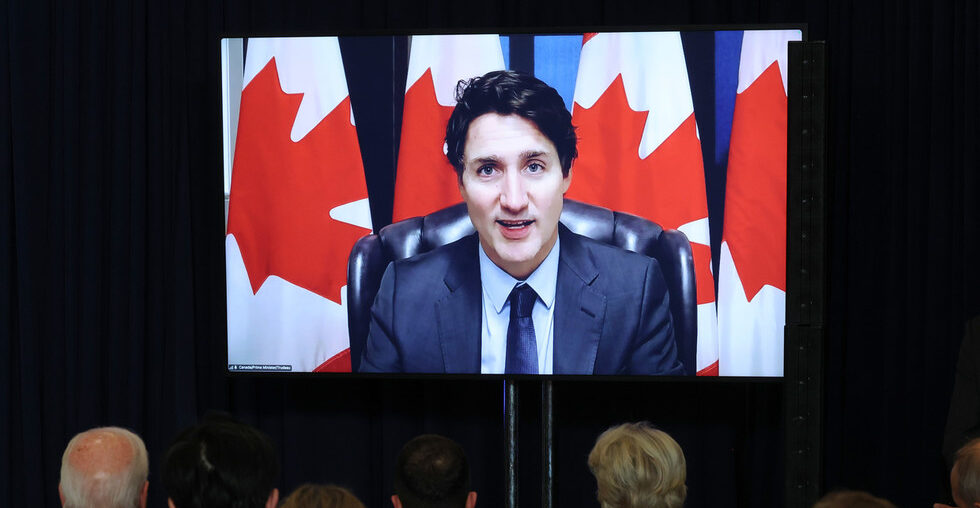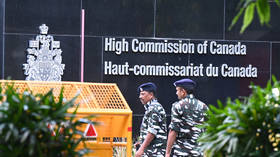The Canadian PM has admitted he did not have “hard evidentiary proof” when he accused India of assassinating a Sikh activist
India has held Canadian Prime Minister Justin Trudeau single-handedly responsible for damaging bilateral ties between the countries, according to the country’s Ministry for External Affairs.
New Delhi’s reproach was prompted by Trudeau’s testimony at a public inquiry into foreign interference on Wednesday, where he described what he says he knew about foreign attempts to meddle in Canadian politics and what had led to his bombshell claim in the House of Commons that India was behind the killing of Sikh separatist Hardeep Singh Nijjar in June 2023. Trudeau admitted his allegations were based on “primarily intelligence, not hard evidentiary proof.”
Reacting to Trudeau’s testament, New Delhi slammed the prime minister’s “cavalier behavior.”
“What we have heard today only confirms what we have been saying consistently all along – Canada has presented us no evidence whatsoever in support of the serious allegations that it has chosen to level against India and Indian diplomats,” Ministry for External Affairs Spokesperson Randhir Jaiswal said in a statement on Thursday. The responsibility for the damage caused to the countries’ bilateral relationship “lies with Prime Minister Trudeau alone,” he added.
Trudeau also complained to the inquiry that Indian Prime Minister Narendra Modi had deflected questions about Nijjar’s killing at the G20 summit in September last year by demanding that Canada crack down on separatists.
New Delhi had stated earlier that it had shared its concerns with the governments of the US and Canada regarding attacks on Indian missions and Hindu temples in both countries, allegedly carried out by Sikh separatists.
New Delhi has rejected Ottawa’s allegations, both when they first were made by Trudeau in September 2023 and earlier this week, when Canadian police came out publicly with details of their investigation, claiming that Indian government agents were involved in “widespread violence” and posed a “serious threat to public safety.
Trudeau then accused the Indian government of making a “fundamental error” by allegedly supporting “violence on Canadian soil.” Following the announcement by the Canadian police, both New Delhi and Ottawa expelled six diplomats, including high commissioners, in a tit-for-tat move.
India continues to maintain that Canada has presented “no evidence” in support of the “serious allegations” against its diplomats and the government. Jaiswal, speaking to the press on Thursday, said New Delhi “naturally rejects false imputations against our diplomats.”
Earlier, New Delhi accused Trudeau’s government of a “deliberate strategy of smearing India for political gains.” The Sikh community makes up a major voting bloc in the North American nation.
The row with Ottawa was later linked to an assassination attempt against another prominent Khalistan movement leader, Gurpatwant Singh Pannun, who hold dual US and Canadian citizenship and is based in New York.
Last November, US prosecutors alleged that India had played a role in the foiled murder plot. New Delhi then stated that such actions would be against its “government policy” and formed a special committee to probe “relevant aspects” of the case.
Notably, both Canada and the US are part of the ‘Five Eyes’, an intelligence grouping that also includes Australia, New Zealand, and the United Kingdom. This week, Trudeau publicly confirmed that the grouping had played a key role in gathering intelligence “that India was involved” in the killing of the Sikh leader.
You can share this story on social media:





